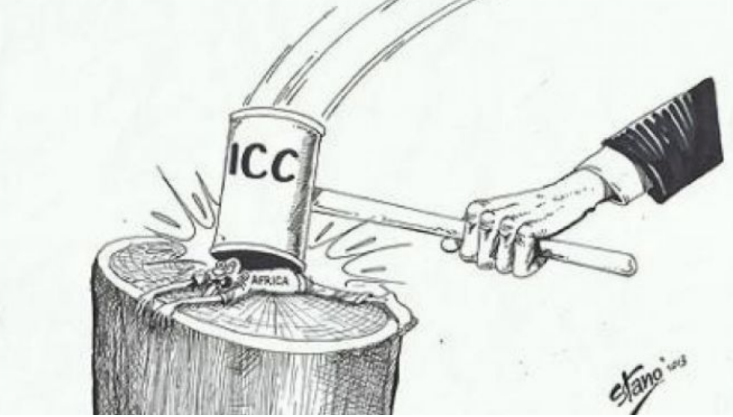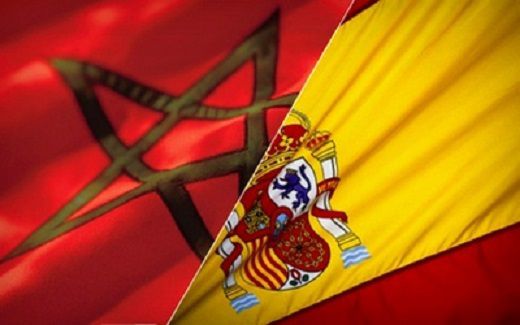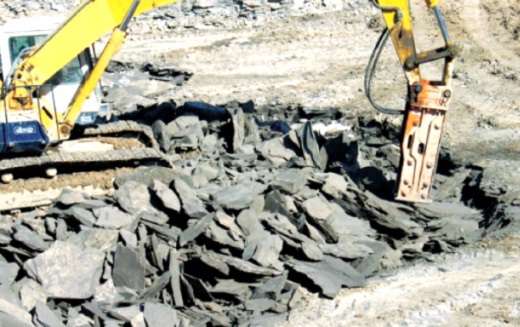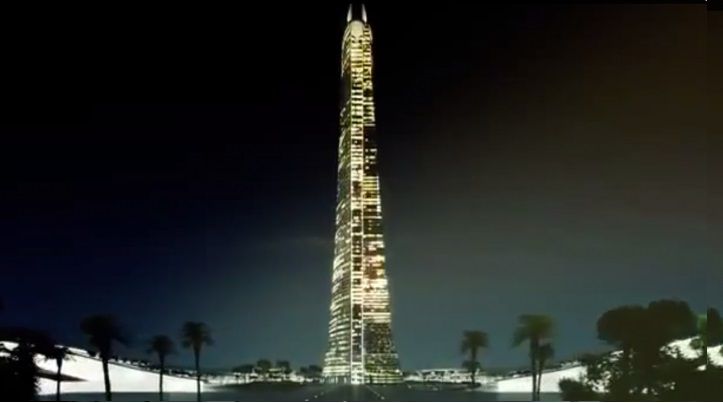
Members of the African Union will meet in future weeks in Addis Ababa, Ethiopia, to discuss recent withdrawals from the International Criminal Court. While announcing their decisions, African states criticized the ICC for persecution and humiliation of people of colour. These points were later echoed by the president of the Commission of the African Union, Jean Ping, that stated that the “ICC always targets Africans”.
Yet, great expectations had greeted the opening of the ICC in 2002. UN Secretary General, Kofi Annan, captured these expectations when he claimed that the court would “bring nearer the day when no ruler, no state and no army anywhere will be able to abuse human rights with impunity.” The recent defections by African member states, however, highlight how these expectations proved unrealistic.
As an African who grew up in Morocco and is now studying human rights at Columbia, I have closely followed the controversy. It has been brewing for years. As Patel, a senior lecturer at the University of Liverpool concisely puts it, the Court is accused of “stigmatizing the South while protecting the interests…of the North.” Of the ICC’s 124 members, 34 are African states. Of the 31 individuals that the ICC prosecuted since its creation, 31 are African. Professor of political science, Omar Ba, believes this to be rooted in a long history of “fictions of justice in which international law has been an instrument of the powerful West”.
These accusations are not mere speculations but statements rooted in a deep analysis of the Court’s legal provisions. Major Western powers are shielded from prosecution because they can veto any referral to the Court through the U.N Security Council. Western financial contributions can also explain the biases in the selection of countries and cases followed up by the court.
Besides Japan, the top funders of the Court are Western countries. France, for instance, has contributed € 12 million to the court in 2017 and Britain offered £8.9 million in the same year.
The choice of whom to prosecute and what to prosecute them for may be guided by these financial considerations, especially if the Court’s decisions have implications that intersect with those of donor states. These legal and financial advantages are rarely discussed in the Moroccan or African media which is why some people still view accusations against the ICC as mere speculations.
Some claim that violence is less likely to occur in Western countries which explains the absence of prosecutions against the West. I would respond that violence can also be committed by Western powers in the context of military action in foreign states. However, the ICC fails to address their violent actions. This failure constrains the effectiveness of international justice and makes a mockery of the principle of equality of all countries before the law.
Richard Goldstone, a former prosecutor of the tribunals for Rwanda and Yugoslavia, notes that all these problems can be fixed quickly and easily. But I must note that although the Court said it will look at other cases involving Western countries, to date, no warrants issued for suspects outside Africa.
Action needs to be taken to push the Court to openly address and investigate crimes that have been committed by the West. African countries’ withdrawal may undermine the Court’s legitimacy but they will not change the fact that the court does not go after Western countries. Public pressure can.
For instance, public pressure led the ICC to open a case against France regarding French nuclear tests in Polynesia that were harmful to the local populace. Even though France had long denied any wrongdoing in conducting the tests, the pressure prompted official legislation compensating people who suffered as a result of the experiments. This shows that, thankfully, the international legal order is still a contested space in which we can fight oppression and denounce double standards. In regards to Africa, this can include a number of concrete things: signing petitions to urge ICC to investigate Western crimes, taking part in demonstrations or something as simple as voting for candidates who denounce the double standard of the ICC.
It is already sad that even in the 21st century a permanent court is needed to guard us. But it is even more distressing to witness the politicization of this court as it acts under the behest of Western powers. Hopefully, this portrayal will serve as a wake-up call to the Moroccan and global African public to take action. It is now up to us to put pressure on the ICC to change its role. Justice must stop being a privilege of the few and truly become a right for all.





